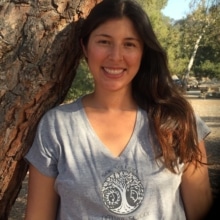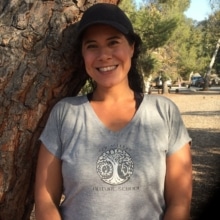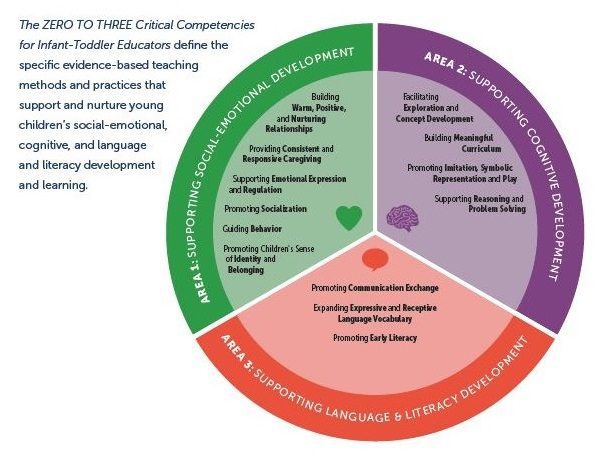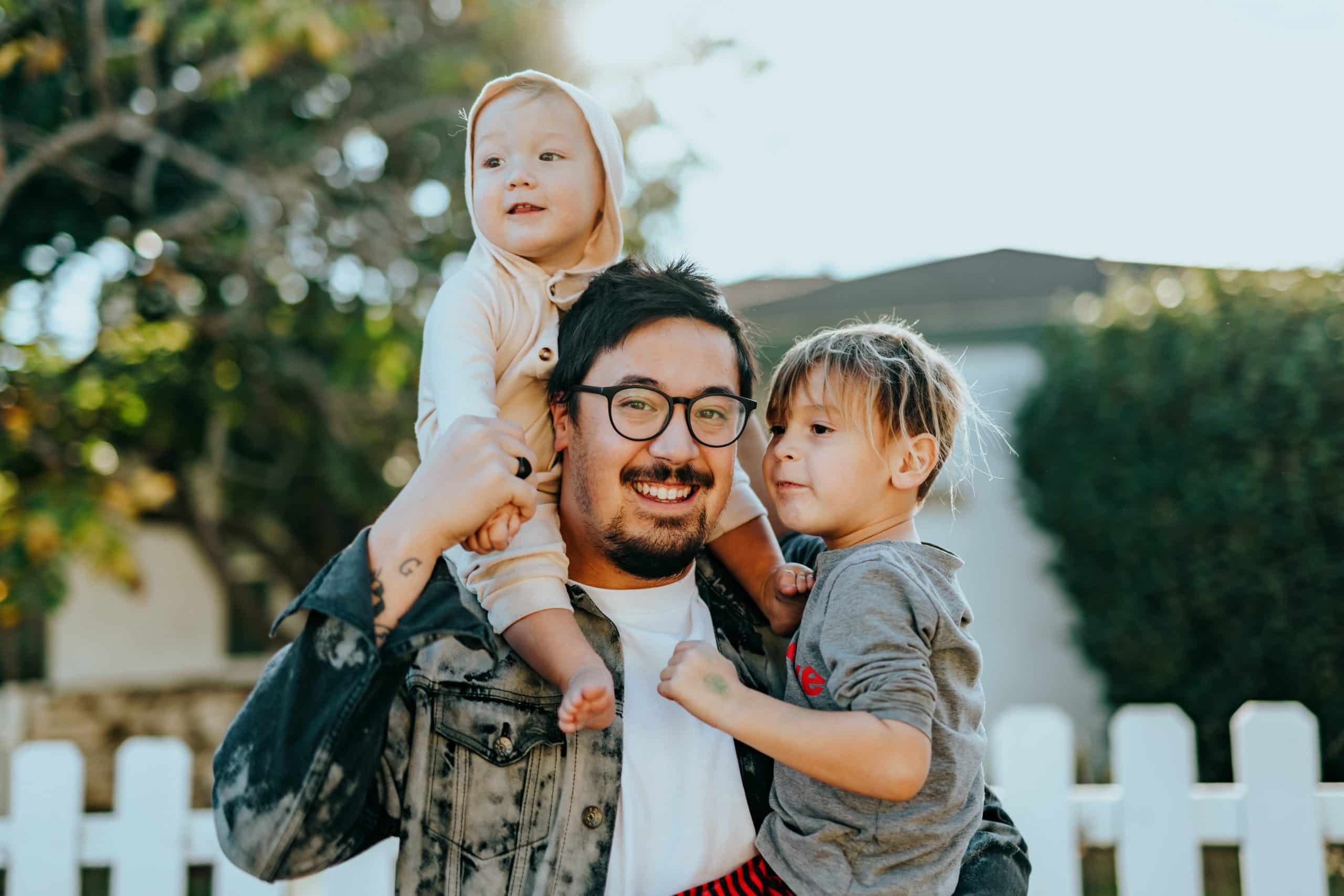
Felissa Agortsas earned her BA degree in Child Development, specializing in Preschool Administration, from California State University Los Angeles. She graduated in the top 1% of her class, with the distinguished honors of Magna Cum Laude. She then went to work as a Child Development Specialist at Saddleback College Child Development Center for 6 years. There she served as a California Mentor Teacher. Felissa has continued her education by completing the Outdoor Classroom Project Level 1 Specialist Training, as well as P.I.T.C. (Program for Infant Toddler Care) certification. Felissa earned her MA in Early Childhood Education from CSU Long Beach in 2020. Her passions are gardening, sustainability, and yoga.

Natalia Silva earned her BA degree in Liberal Studies and Multiple-Subject Teaching Credential from California State University, Long Beach. She taught Kindergarten and developed a Spanish program for 3 years at a private school in Laguna Beach. She then went to continue her education at Trinity College, Dublin after being accepted into the prestigious Masters Program in Early Childhood Education and Care. She taught and managed preschool programs in Ireland for three years. Adored by all, Maestra Natalia is a one of a kind educator. Her passions include the arts, cooking and traveling. Natalia earned her Masters at CSU Long Beach in Early Childhood Education in 2020.
A Unique Approach
What was the impetus to founding your program and how is in unique?
We opened Sol y Luna so we could implement best practices across all aspects of our program. We are proud to support children’s holistic development through a nature play-based, Spanish immersion preschool. This includes having extensively qualified educators, low ratios, quality healthy food, and an extensive, emergent curriculum that is culturally and developmentally appropriate.
We also believe the early childhood education field can play a role in addressing the climate crisis. We provide children with ample opportunities to bond with, love and respect nature and become active agents in protecting its resources. We believe our home model offers teachers more opportunity to create meaningful adult child interactions and ultimately stronger, healthier bonds between teachers and students. This emphasis on relationship building between teachers and all students, as well as teachers and families is the foundation of our program. Our uniqueness lies in ability to form strong, close bonds with all the children and families we serve.

What's the best piece of parent feedback you've received?
The best feedback is when parents share how their children have become more resilient, caring, kind, and capable of working through problems and how we have properly prepared their children for their educational and life journey. We also love hearing that our program encompasses the whole child, parents often say, “you do it all!” referring to our curriculum. Many parents looking for Spanish enjoy our nature-based approach, and vice versa, parents seeking nature are surprised and proud when their children begin speaking a second language. They are happy the two do not have to be mutually exclusive.
Why is an anti-bias, inclusive curriculum important to you and your program?
An anti-bias curriculum is important to us because we live in an incredibly diverse society and every child and family deserves to be represented and valued in their school and community. An anti-bias education helps every child develop a positive identity, respect and care for people that are different than them, be aware of injustice and have the strengths and skills to take action to help create and more just community. This impact is lifelong, and far-reaching.
At Sol y Luna Nature School, we also value diversity by celebrating the various cultures and languages that make up our community. By offering Spanish immersion, we can support our English language students while also laying the foundation of bilingualism in all our students. We believe the many cognitive benefits bilingualism offers, such as higher executive functions, improved performance on tasks that call for divergent thinking, pattern recognition and problem-solving, as well as lowered risk of Alzheimer’s and dementia, is as important as making a more welcoming and connected community.
Differences do not create bias. Children learn prejudice from prejudice—not from learning about human diversity. It is how people respond to differences that teach bias and fear.
LOUISE DERMAN-SPARKS
What gives you the most satisfaction in your work?
We enjoy seeing children blossom and reach their full potential. We also relish in being able to make families feel safe and happy with the care and education their children receive. We strive to make sure all families feel welcomed and supported. We also love that there is always more to learn. There is always an opportunity to reflect on our practice and refine it.
Personally, we are very of the program we have created and the bond we are able to form with our families and students. We both began our educational journey not knowing any English, and it was a true struggle to fit in and learn in school. Thankfully, speaking Spanish was a priority in our household and our home language Spanish was supported and valued by our parents. We are now very proud to be an early childhood program that supports the home language of our students while offering second language acquisition for all our children.
Responding appropriately to children from families that are culturally and linguistically diverse requires new information, new attitudes, and new practices on the part of early childhood educators. Our Critical Competencies Coaching Program for Infant-Toddler Educators digs into the research and outlines how educators can support young children learning multiple languages.


